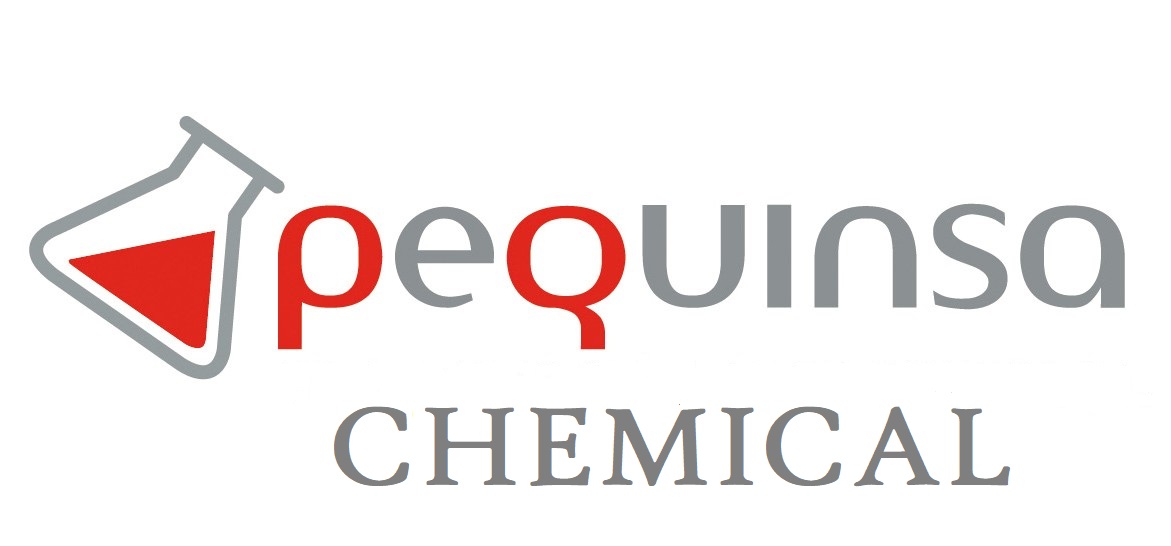-
Categories
-
Pharmaceutical Intermediates
-
Active Pharmaceutical Ingredients
-
Food Additives
- Industrial Coatings
- Agrochemicals
- Dyes and Pigments
- Surfactant
- Flavors and Fragrances
- Chemical Reagents
- Catalyst and Auxiliary
- Natural Products
- Inorganic Chemistry
-
Organic Chemistry
-
Biochemical Engineering
- Analytical Chemistry
-
Cosmetic Ingredient
- Water Treatment Chemical
-
Pharmaceutical Intermediates
Promotion
ECHEMI Mall
Wholesale
Weekly Price
Exhibition
News
-
Trade Service
Lansoprozole, also known as Prevacid, is a proton pump inhibitor (PPI) that is widely used in the treatment of acid-related stomach conditions such as gastroesophageal reflux disease (GERD), peptic ulcer disease, and Zollinger-Ellison syndrome.
However, it is not just in the medical field that Lansoprazole has found application.
In the chemical industry, this compound has several important uses.
One of the most significant applications of Lansoprazole in the chemical industry is as a catalyst for the production of polyurethane polymers.
In this process, Lansoprazole acts as a tin catalyst, facilitating the reaction between the isocyanate and polyol components of the polyurethane mixture.
This results in the formation of a tough, flexible polymer that is highly resistant to abrasion, tears, and punctures.
The use of Lansoprazole as a catalyst in this process results in the production of polyurethane materials that are superior in terms of strength and durability, making them ideal for use in a variety of applications, including in the manufacture of automotive parts, furniture, and footwear.
Another important application of Lansoprazole in the chemical industry is in the production of detergents and surfactants.
Lansoprazole is used as a builder in detergent formulations, which improves the cleaning power of the detergent by softening and removing mineral deposits and other impurities.
The compound also helps to improve the stability and performance of the detergent, allowing it to work more effectively under a wider range of conditions.
In addition, Lansoprazole is also used as a corrosion inhibitor in industrial processes, where it protects metal surfaces from degradation and corrosion.
Lansoprazole is also used in the production of agrochemicals and fertilizers.
The compound is used as a catalyst in the production of dimethyl sulfate (DMS), a commonly used reagent in the synthesis of various organic compounds.
DMS is often used as a building block for the production of fertilizers and agrochemicals, which are used to improve crop yields and protect against pests and diseases.
Lansoprazole is used as a catalyst in this process, facilitating the reaction between sulfur and methanol to produce DMS.
Finally, Lansoprazole is also used in the production of pharmaceuticals.
The compound is used as an intermediate in the synthesis of several medications, including antibiotics and anti-inflammatory drugs.
In addition, Lansoprazole itself is used to treat certain medical conditions, such as acid reflux, which can cause discomfort and damage to the esophagus.
In conclusion, Lansoprazole has a wide range of applications in the chemical industry, from its use as a catalyst in the production of polyurethane polymers and detergents to its use as a corrosion inhibitor and building block in agrochemical and pharmaceutical production.
These applications demonstrate the versatility and usefulness of Lansoprazole in the chemical industry.
The compound's ability to catalyze reactions and protect surfaces makes it a valuable tool for producers, and its use in the production of important chemicals and medications underscores its importance in the field of pharmaceuticals.
As research and development continue in the field of chemical engineering and pharmaceuticals, it is likely that new and innovative applications for Lansoprazole will continue to be discovered.







